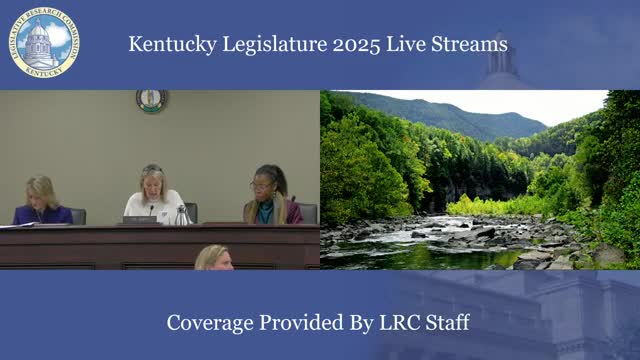Committee defers SB 88 after debate over replacing PA supervision with collaboration model
Get AI-powered insights, summaries, and transcripts
Subscribe
Summary
Senate Bill 88, which would replace physician supervision language with a collaboration framework for physician assistants, drew mixed testimony and was deferred for further review and additional testimony. Proponents said the change would reduce administrative barriers and help recruit and retain physician assistants; opponents, including the
Senate Bill 88, a proposal to modernize physician‑assistant practice language from a “supervision” model to a “collaboration” model, was deferred by the Senate Standing Committee on Licensing and Occupations on Feb. 18 after extended testimony and committee questions.
Sponsor Sen. Lindsey Tichenor opened by saying the bill “is just modernizing language from the role of a physician and a physician assistant from supervisory to collaborating” and described the definition of collaboration in the bill as consultation or referral based on patient condition, PA education and competency, and the standard of care. Proponents, including Aaron Chalmers, president of the Kentucky Academy of Physician Assistants, and Andrew Rutherford, chair of that organization’s government affairs committee, said the change would reduce administrative barriers, help recruit and retain PAs to practice in Kentucky and in underserved areas, and align state law with practice in other states.
Aaron Chalmers told the committee that COVID‑era limits on supervision had prevented PAs from filling shortages in high‑need areas and that the collaboration model “allows PAs to practice to the full extent of their education and training.” Dr. Robert Kuhn, an emergency physician who works with PAs, supported the measure and said, “I work shoulder to shoulder with them every day.”
The Kentucky Medical Association (KMA) strongly opposed the bill. Corey Meadows, deputy executive vice president and director of advocacy for KMA, warned that replacing “supervision” with “collaboration” is “not just a simple wording change” and argued it could create legal uncertainty, reduce physician oversight, increase risk of fragmented care, and eventually be used as a step toward greater independence for PAs.
Committee members expressed concern about rural access, statutory wording and downstream implications. Sen. Meredith moved to defer SB 88 to allow more testimony and review; the chair and committee agreed and did not take further action on the bill during the Feb. 18 meeting.
The committee indicated it will solicit additional testimony, including from physicians, PAs and regulatory boards, before deciding whether to advance the bill.
